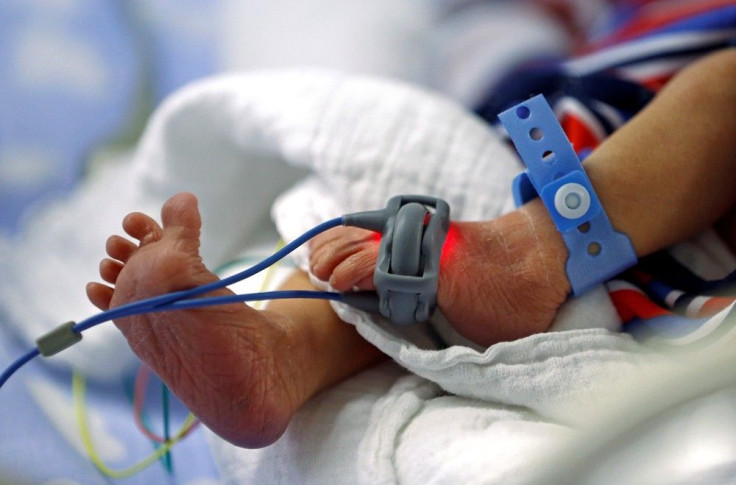New Study Shows Couples No Longer Share Housework After Birth Of Child

A new study has shown that after the birth of the first child, well educated, dual career couples wrongly assume that their workloads have increased drastically, while in reality it is not so. This wrong assumption leads to an unequal distribution of work among couples.
Those couples, who reported sharing housework before the birth of the child, stopped sharing housework post birth, the press release states. The study aimed at analysing the difference in men and women’s work schedules post birth. Jill Yavorsky, co-author of the study and doctoral student in sociology at Ohio State, explained that the birth of a child had changed the division of labour in couples.
For the study, couples with a newborn were asked to keep a time diary that analysed their work loads. It was seen that while men and women state that they had four hours of extra workload due to the baby, the record painted a very different picture. It was seen that women had only two hours of extra work and men had only 40 minutes of extra work.
Data of 182 dual-earning couples was collected from the New Parents Project. The project observed how dual-earning couples adjusted to becoming parents for the first time. The couples were studied twice, initially during the third trimester of pregnancy and again after the birth, when the baby was nine months old. The study took into account all those couples who had shared the household chores equally before the birth of the baby. It was seen that post birth, though they assumed to be doing almost the same amount of work and for the same amount of time, the woman most often carried the excess burden and did extra work, the press release states.
Claire Kamp Dush, co-author of the study an associate professor of human sciences at The Ohio State University, stated that though the couples thought they did the same amount of work after the birth of their child, women were seen to be shouldering all the excess workload that came with the new baby.
Though it would be expected that these couples would have a more egalitarian relationship after the birth of the baby, it was not so, explained Kamp Dush. It was seen that men did about 10 hours of work a week in terms of physical child care, and women did 15 hours of work a week. Even in terms of the more engaging and fun part of parenting like playing with and teaching the child, men devoted four hours, while women devoted six hours for the same.
The study also observed that both men and women did not compromise on the time dedicated to their paid job. Men, however, cut back on their house work and women’s work only increased. Kamp Dush and Yavorsky explain that the reasons for this were complex and neither the mother nor the father could be blamed for it. "Women shouldn't try to manage their partner's parenting. But men also need to take the initiative and learn child care duties that their own socialisation may have neglected," Kamp Dush said.
The study is published in the Journal of Marriage and Family. It is also discussed in the Council on Contemporary Families' Symposium on Housework, Gender and Parenthood.
For comments/questions regarding the article, you may email the writer at samrichardson.ibtimes@gmail.com.





















